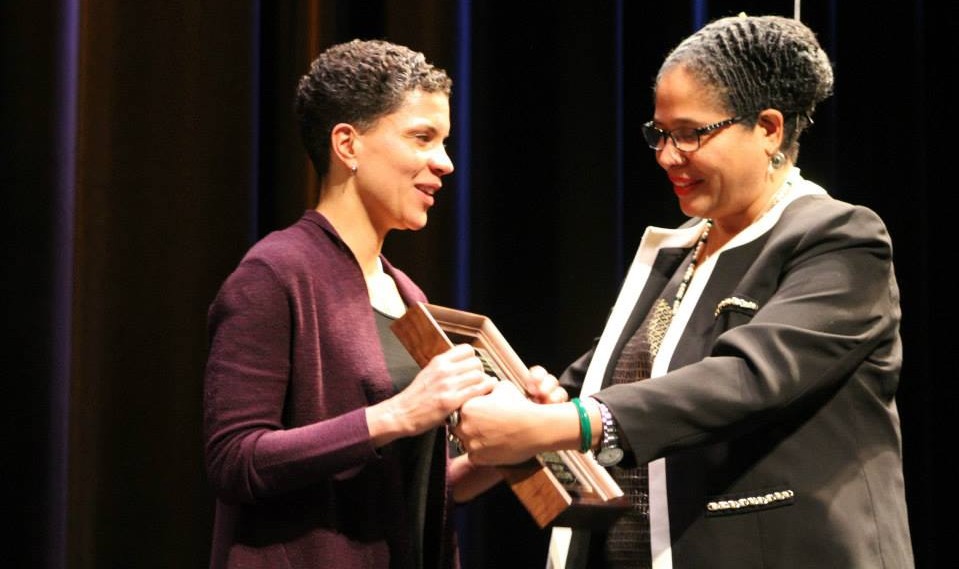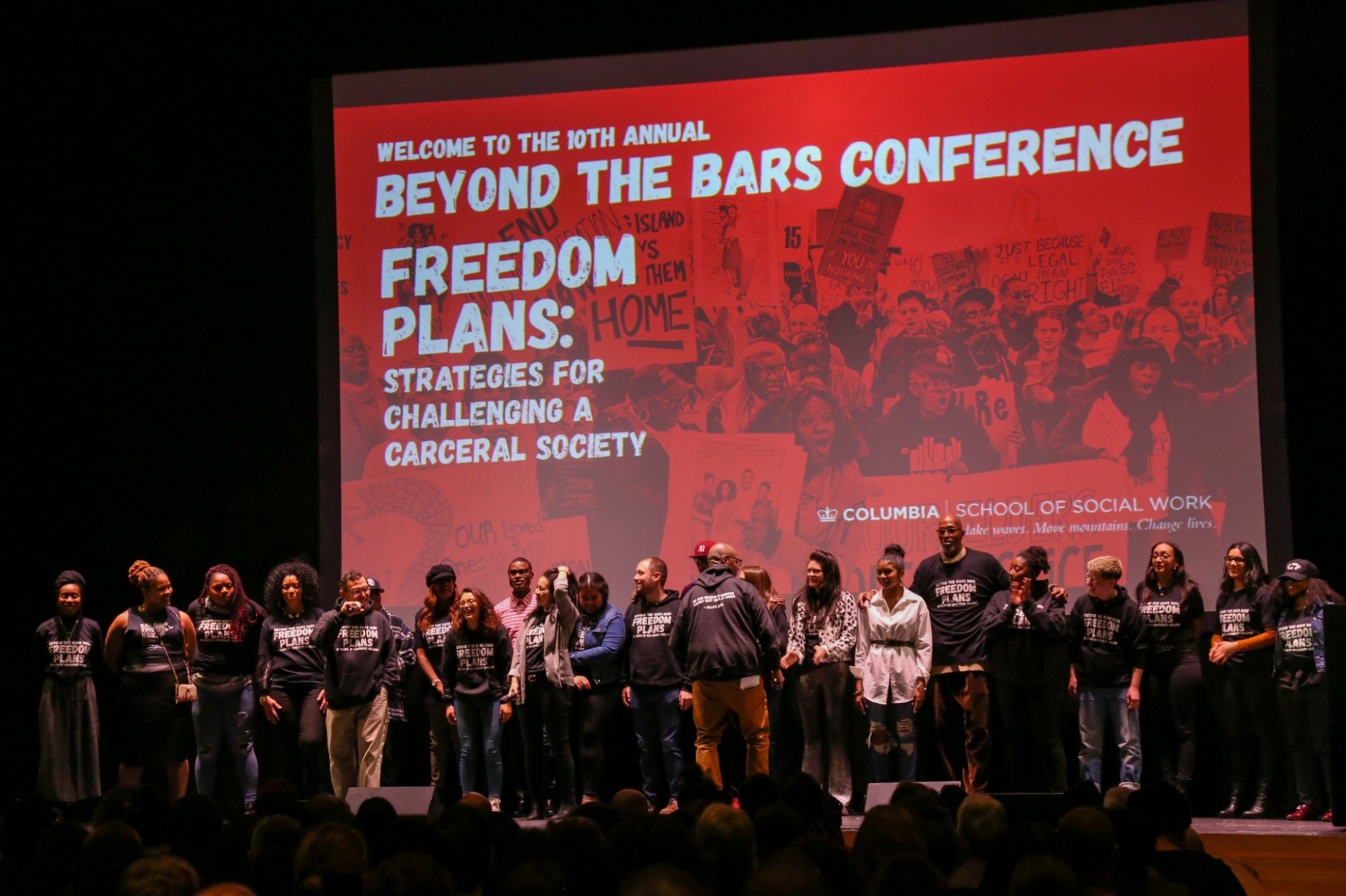
The Beyond the Bars Conference is an annual student-driven interdisciplinary conference on mass incarceration held at Columbia University. Each year the conference brings together students, faculty, activists, advocates, practitioners, those who have experienced and/or been impacted by incarceration, community members and more to connect, galvanize, and deepen the work of building justice and equity and ending mass incarceration.
Learn more about this year's Beyond the Bars Conference: Justice Beyond Punishment happening April 5-7, 2024 at Columbia.
Past Beyond the Bars Conferences
Theme: Seeding Justice
Description:
Movements for justice have increasingly looked for ways to cultivate healing, accountability and transformation, for people and communities, as well as to hold harmful carceral systems to account. Beyond the Bars 2023 brought together people, organizations and movements working on indigenous peacemaking, and restorative, transformative, healing and reparative justice to develop solidarity, share analysis, exchange strategies and practices, and together build power to create the world we need. There is more interest in these approaches than ever before yet relatively limited opportunities to learn, connect and grow about them. BTB 2023 was an opportunity to learn about how people and communities are taking up these approaches in their own communities, about the tensions and possibilities of working in relationship to systems, and to build connections between and among those already doing this work.
The conference focused on these guiding questions in the hopes of strengthening our collective work:
- How do we understand the similarities and differences between indigenous peacemaking, restorative, transformative, healing and reparative justice?
- How are people and organizations taking up these approaches in their own communities? What is working? what is not?
- How do we ensure that these approaches to justice between people and communities are connected to movements for broader social transformation?
- What are the tensions, limitations and possibilities in working in relationship to systems?
- How can we think about the question of scale? Should we be scaling up these approaches? Or is there another way to think about this?
- How do these approaches help us to address conflict and harm within movements?
Watch the Women Transcending Collective Leadership Celebration and Saturday and Sunday plenaries here.
Theme: Movement Building in a World on Fire
Description: Beyond the Bars 2022 brought together movements for decarceration, abolition, and climate and environmental justice to develop solidarity, share analysis, exchange strategies and build power. This conference aimed to not only confront the dire, intersecting realities of climate catastrophe, mass punishment, criminalization and incarceration, but to explore how we are working towards good relations, with each other, our communities and the earth we want and deserve.
With three panels over the course of the day, scholars, organizers, healers and artists explored these questions in the hopes of strengthening our collective work:
- What are the connections between the struggles for decarceration, abolition and environmental and climate justice? How does the work of making communities safer intersect with the protection of our environment and earth?
- What are the organizing strategies and concrete practices that confront the intersections of these struggles and advance our collective work?
- How can our respective movements collaborate and build together to transform our communities and develop stronger and more cohesive relations?
Because of Covid, BTB 2022 was a single day event at Riverside Church with three plenaries throughout the day. Watch all the plenary videos here.
Theme: Towards Freedom: Violence, Safety, and Abolition in 2021
Description: This year's conference took place virtually and marked the 11th annual Beyond the Bars Conference, coming one year after the beginning of the COVID-19 pandemic in which multiple crises have unfolded, and the growth of social movements struggling for a more just and safe world have increased significantly. Given this, we hoped to create deep and thoughtful conversations about the many forms of violence that our society has experienced; to surface and examine the ways in which movements are pushing for community and public safety in ways that do not reenforce the carceral state; and to explore why abolition has become so prevalent in the conversations, strategies and demands in the work of transforming approaches to justice and safety. In addition, we took time to honor and celebrate the leadership of women impacted by incarceration, and the leadership of Black women, and all that we have and can learn from their work.
- Watch the Women Transcending Graduation: bit.ly/WT-2021-graduation
- Watch two conversations on celebrating Black women's leadership with Angela Davis, Barbara Ransby, Andrea James, LaTosha Brown, M Adams, Roberta Meyers Douglas, Fallon McClure, Fenika Miller and Tiffany Roberts. Performances by Meah Pace and Keva Mack. Hosted by Nkechi Taifa: bit.ly/BTB-2021-celebrating-Black-women
- Watch the panel discussion on uprooting violence with Danielle Sered, Sonya Shah, Jose Saldana and Anthonine Pierre, remarks from Keeanga-Yamahtta Taylor and a performance from Aja Monet: bit.ly/BTB-2021-uprooting-violence
- Watch the panel discussion on abolition with Gina Dent, Dean Spade, Dawn Harrington and Ivan Calaff: bit.ly/BTB-2021-abolition-panel.
- Watch the panel discussion on strategies for community safety with Ash-Lee Henderson, Jonel Beauvais, Che Johnson-Long, Andrea Ritchie, and Lex Steppling and a performance by the Peace Poets: bit.ly/BTB-2021-community-safety
Theme: Freedom Plans: Strategies for Challenging a Carceral Society
Description: This year's theme aimed to explore strategies for challenging a carceral society. In 2020, our conference was now 10 years old, as is the book The New Jim Crow. While our movement legacy extends far beyond the past decade, in the past 10 years the movement challenging incarceration and criminalization has grown significantly - in part due to the role of currently and formerly incarcerated and directly impacted people. On the other hand, the total number of people in jails and prisons in the U.S. has decreased very little, incarceration of people who are undocumented has increased, and criminalization of activism is on the rise. We are at a time when the movement against mass incarceration is one of many social movements mobilizing for justice and liberation, both in the United States and throughout the world. These movements have birthed many possibilities as well as many challenges. Beyond the Bars 2020 provided a generative space to surface and explore strategic issues and further our freedom plans towards transforming the society in which we live.
Watch conference videos here
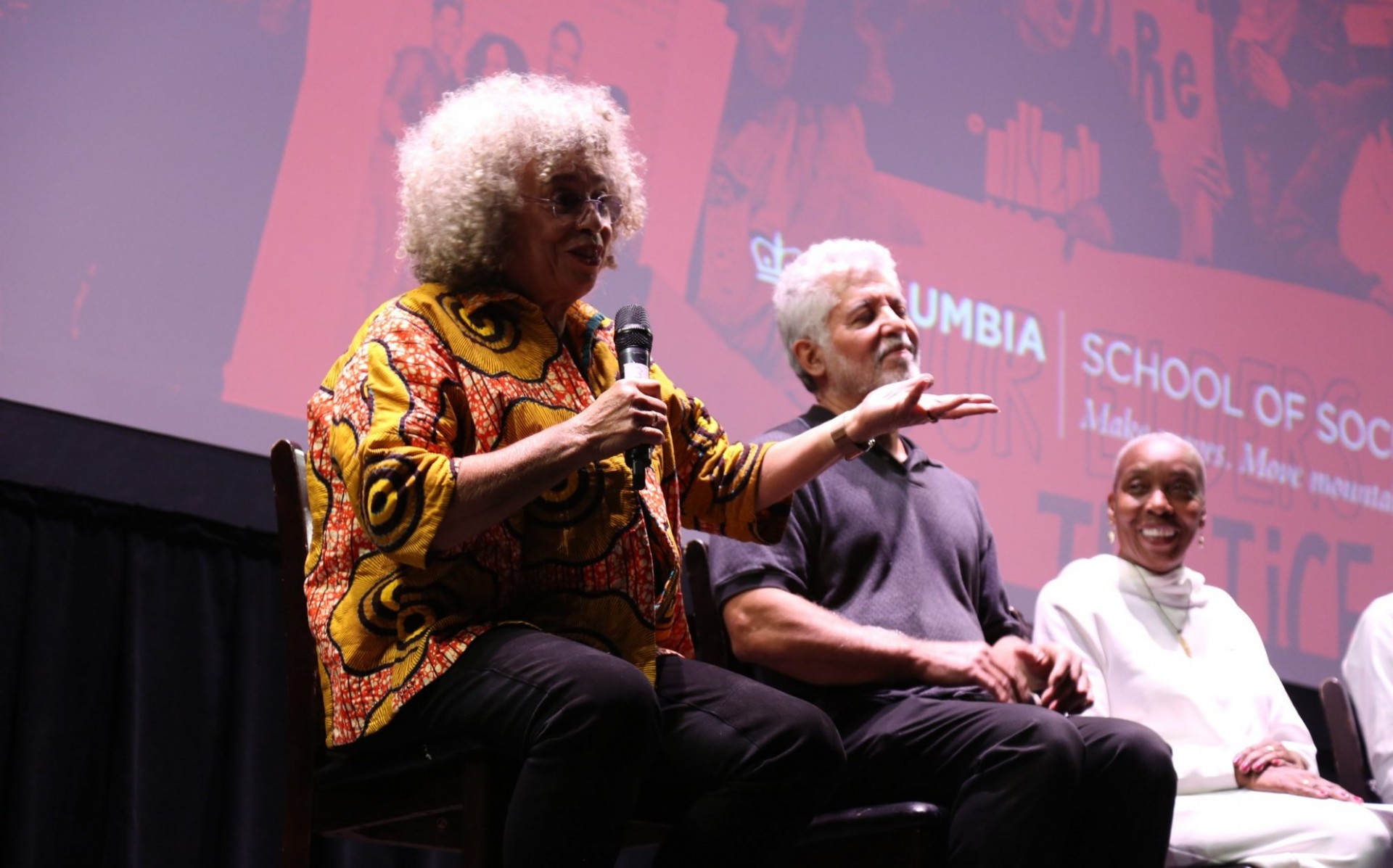
Theme: Until She's Free
Description: The 9th Annual Beyond the Bars Conference took place on March 7–10. The conference focused on the incarceration and criminalization of women and girls themselves, as well as of their families and communities.
Our focus was inclusive of transgender, non-binary, and gender non-conforming people. The many struggles for justice, equity, and safety led by women and girls directly impacted by the criminal legal system was at the heart of the conference as we aimed to create a space to further strengthen and advance change.
See photos here.
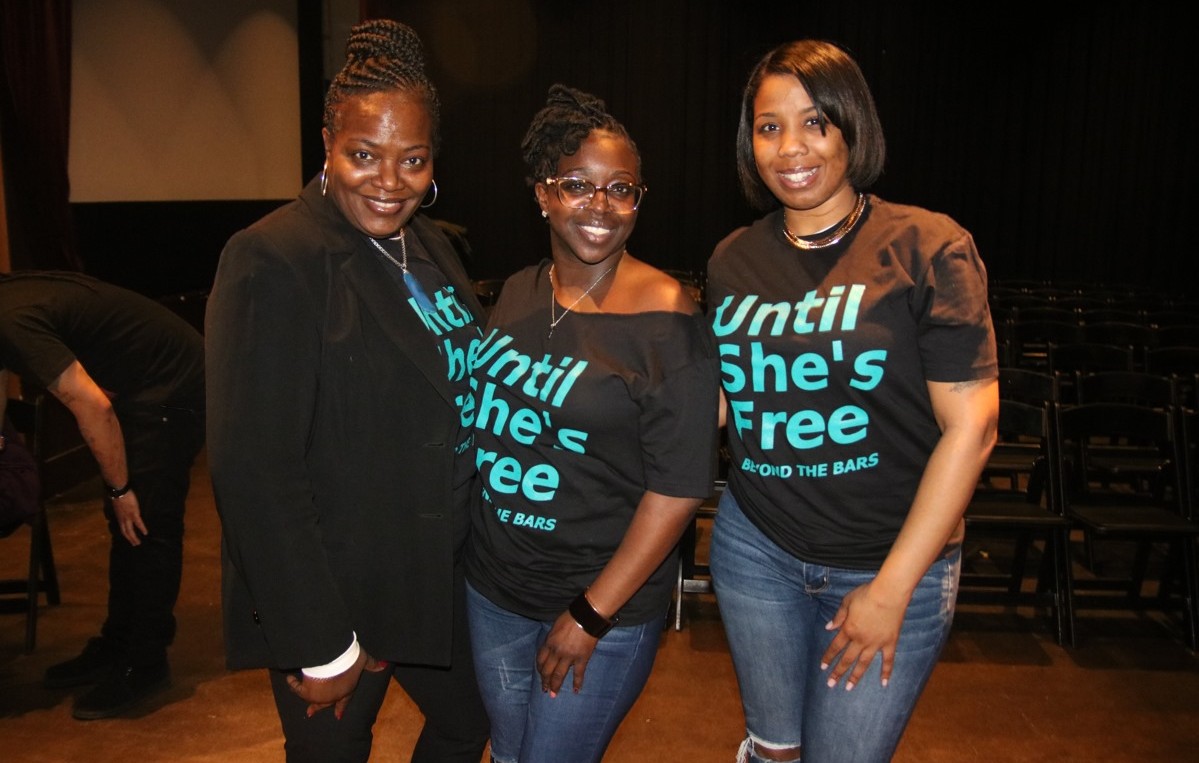
Theme: Closing Jails and Prisons
Description: The 8th Annual Beyond the Bars Conference took place on March 1–4.
This year’s conference focused on elevating the growing movement to close jails and prisons to:
- Convene and support a national network of people and organizations working to close jails and prisons across the country
- Help articulate a vision and analysis for closing jails and prisons and envisioning what comes next
- Address and examine some of the difficult issues and questions that arise when people are calling for closing jails and prisons
- Further catalyze university involvement in ending mass incarceration
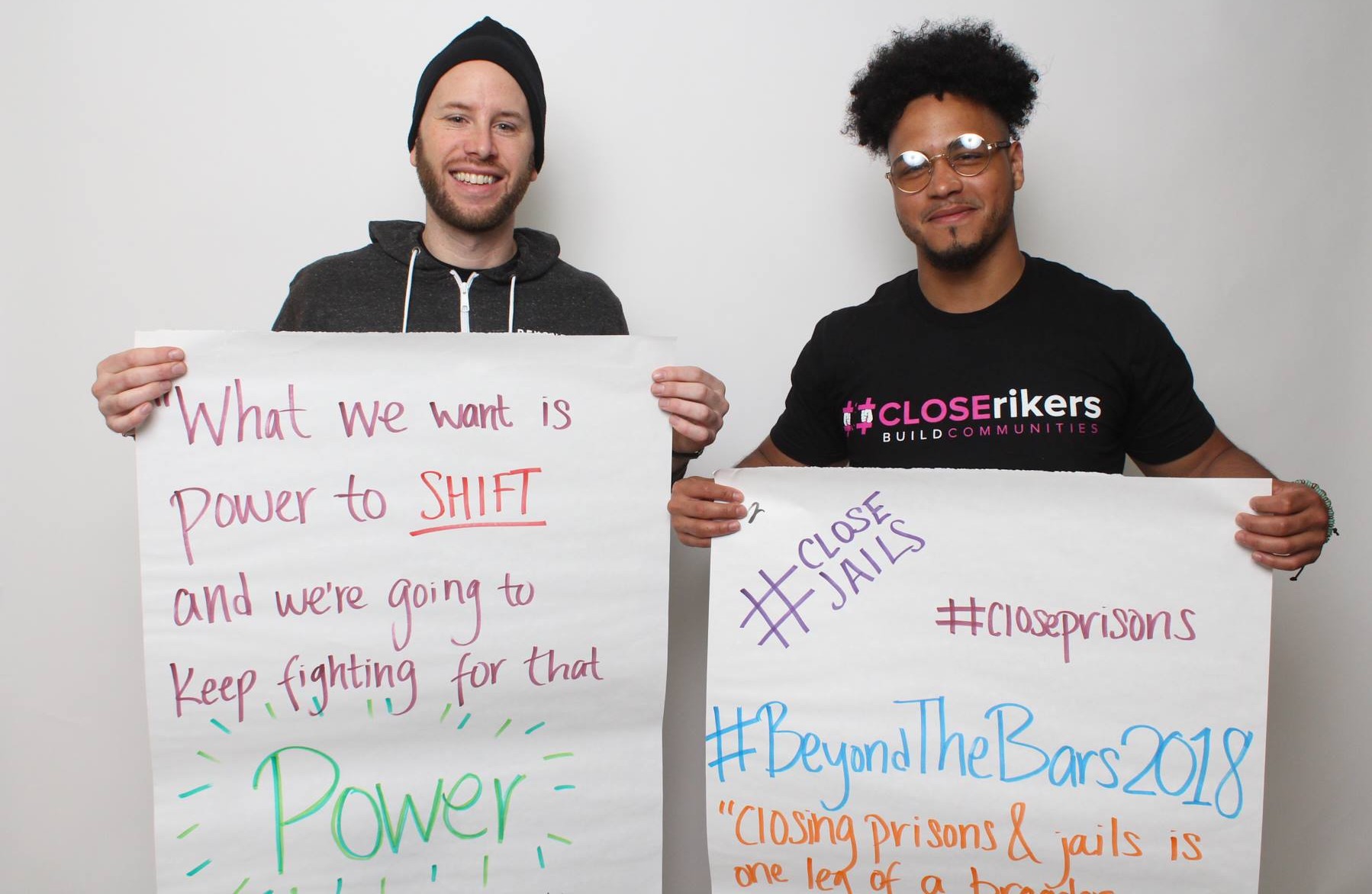
Theme: Transcending the Punishment Paradigm
Description: The 7th Annual Beyond the Bars Conference took place on March 2-5.
This year’s conference, focused on the criminal justice system’s responses to violence, asking the following four questions:
- What are the root causes of violence within communities? What are the root causes of state violence? How do the two intersect?
- What is needed to makes communities safe?
- What are the existing narratives about people who have committed violent acts? How do we change those narratives?
- When violence happens in the community, what are responses that decrease mass criminalization and incarceration and do not rely on the punishment paradigm?
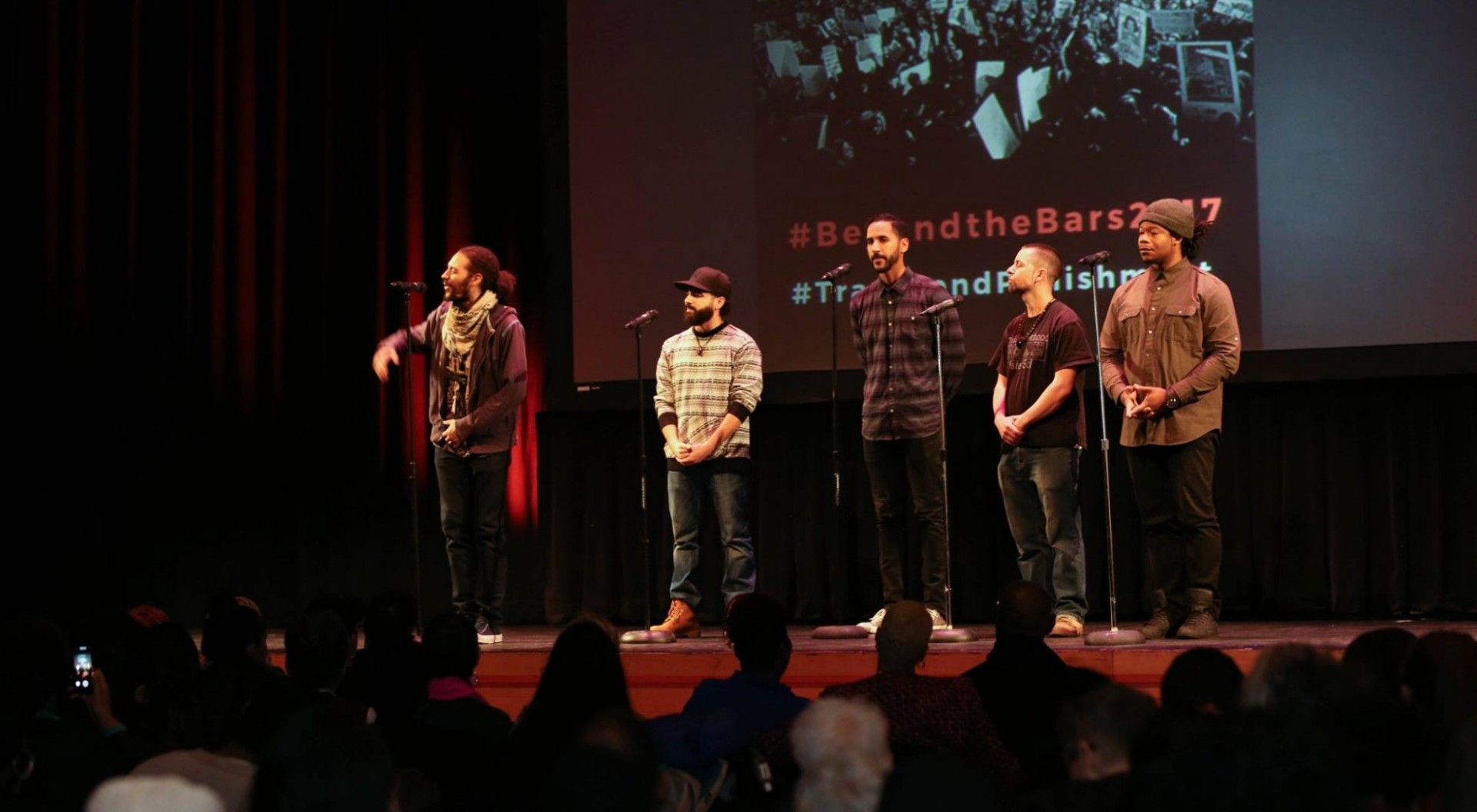
Theme: Connecting the Struggles
Description: The 6th Annual Beyond the Bars Conference took place on March 4-6. The conference aimed to connect the many ways in which mass incarceration has impacted individuals, families and communities across the U.S, and beyond, as well as build connections across diverse struggles for social justice.
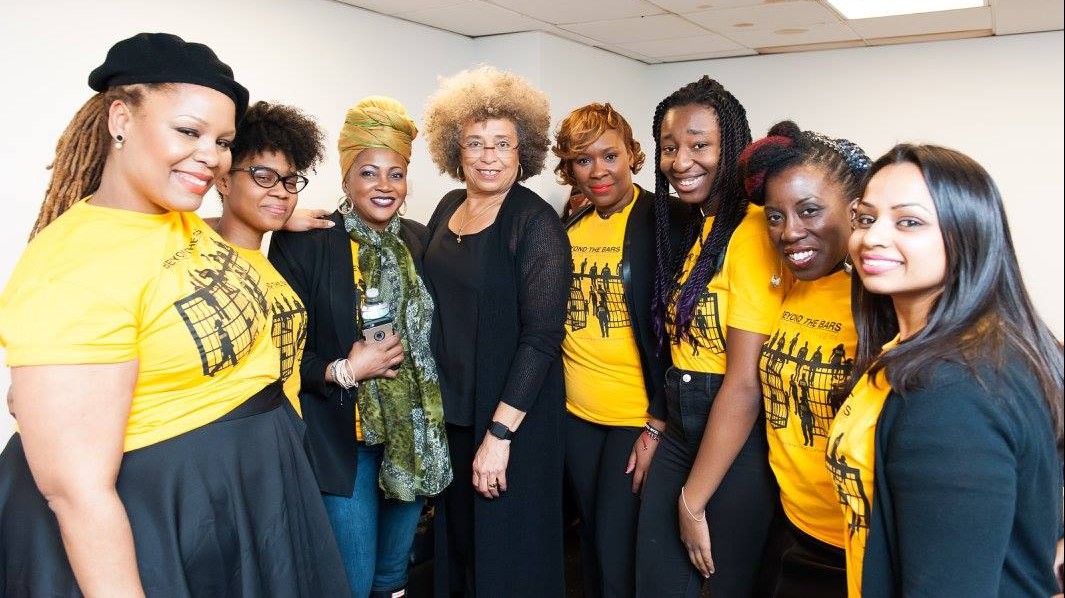
Theme: Transforming (In)Justice
Description: The 5th Annual Beyond the Bars Conference took place on March 6-8.
The Conference will focused on the idea of transformation by posing the following questions:
- How do we work towards lasting transformative change?
- How do we develop a framework for changing the way our country seeks justice that does not perpetuate the roots of the problems that have led us here?
- How do we create change that addresses the systemic marginalization while also addressing the need for individual accountability and the safety of our communities and our society?
- What is a transformative agenda for changing the way we seek justice?
See photos here.
